

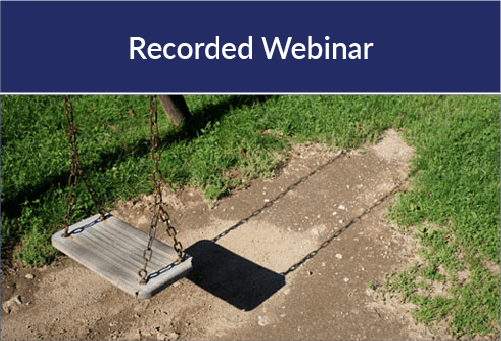
The AMBER Alert Best Practices – Law Enforcement Field Guide is a companion to the AMBER Alert Best Practices Guide and is aimed at law enforcement agencies and 1st Responders. It is designed to provide administrators with a document on what to expect in the event of an endangered missing or abducted child investigation, as well as provide their personnel with a reference manual to help jump start an effective response and investigation. The webinar will focus on raising awareness of areas that are consistently shown to be relevant and have an operational impact in these types of cases as well as how the guide can assist.
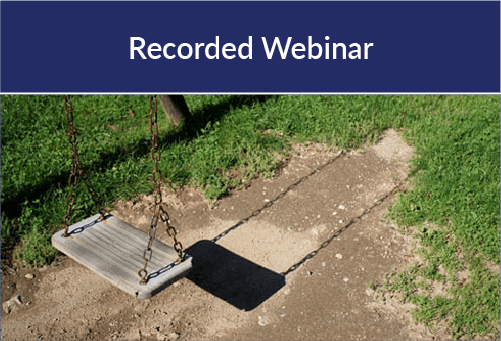
AMBER Alert Essentials for Community Members will enable members of the public to recognize the history and essential components of the AMBER Alert Program. The criteria for an AMBER Alert will be examined as well as how to support law enforcement efforts during an AMBER Alert activation.
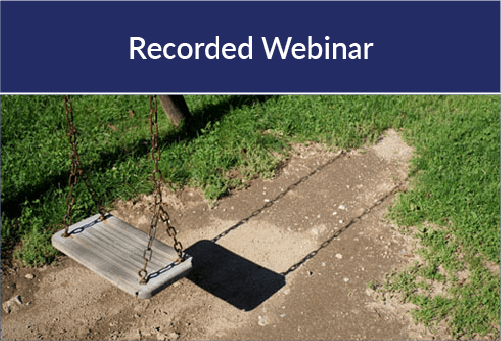
Law Enforcement Officers and Police Dispatchers are AMBER Alert First Responders during the critical initial stage of a child abduction. Recognize the criteria for an AMBER Alert and identify tools and resources which enhance first responder’s capabilities in successfully responding to an AMBER Alert and recovering abducted children.

Hear from a long time AMBER Alert Coordinator and Public Information Officer (PIO) with the California Highway Patrol about the challenges associated with being a PIO during one of the most important and time-sensitive law enforcement events that can occur, a child abduction. Hear how PIOs can meet the expectations and challenges modern forms of communication present. Identify the different types of audience members that receive the information during an AMBER Alert and recognize best practices and common missteps which can happen during an AMBER Alert.

Prosecuting sex trafficking of minor cases is difficult, in part because victims are unstable. Join us for this webinar to discuss building an investigation that allows the prosecutor to go to trial, even if the victim is unable to testify.
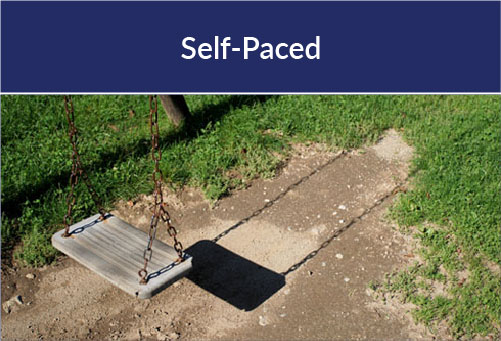
Gather information on the structure and interdependent functions/roles of a CART program. Learn about protocol development and management, development and use of Memoranda of Understanding, CART composition, training including tabletop exercises and field scenarios, and CART certification standards. Examine a case study which integrates all topics covered for effective CART leadership.

Gain an overview of the Investigative Officer Checklist resource, which can be found in the Resources tab on this webpage. The course will guide you through a case-scenario review of important checklist elements and considerations for effective use. You will be provided with information to support accurate and effective response to reports of endangered, missing or abducted children, and effective transition from patrol first response to ongoing investigation of the case.
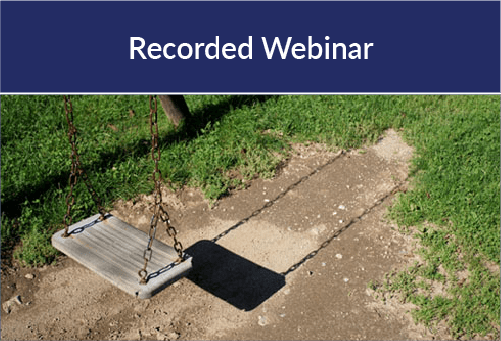
Improve response and recovery for endangered missing, child abduction and exploitation investigations during disasters and emergencies. Through case studies, review past disasters to explore and develop response strategies for protecting children during periods of restricted movement, social distancing or shelter in place.
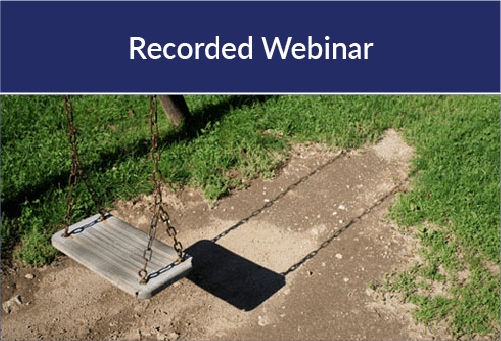
Thinking of starting a Child Abduction Response Team (CART) in your jurisdiction? Learn how building a CART can assist in the search and recovery of an abducted or endangered child. During this webinar, you will learn about the guidelines for developing, implementing and sustaining a CART program within your community, and examine the CART certification process for agencies and CART programs pursuing formal certification.
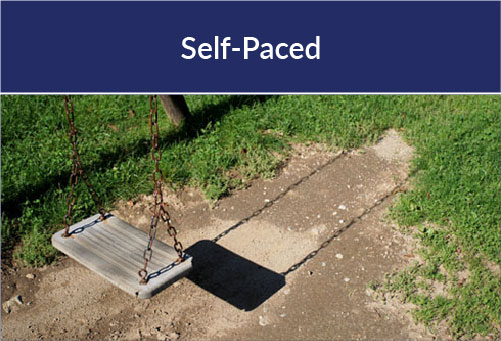
Consider the scope and scale of the problem of missing and abducted children including CART structure, function and command considerations, investigative considerations, canvass operations, search operations, volunteer management, digital forensics, logistics, recovery, and reunification. Examine a case study in which all concepts taught are integrated and considered for an effective overall response.
